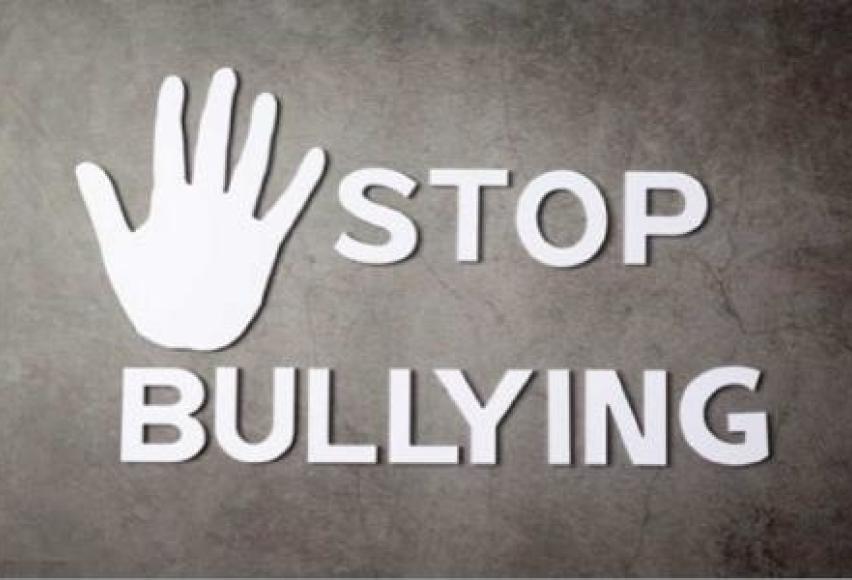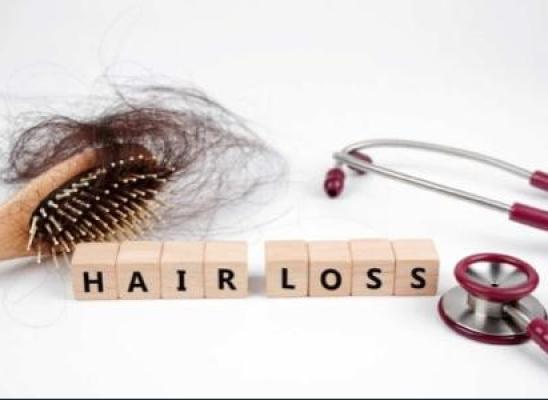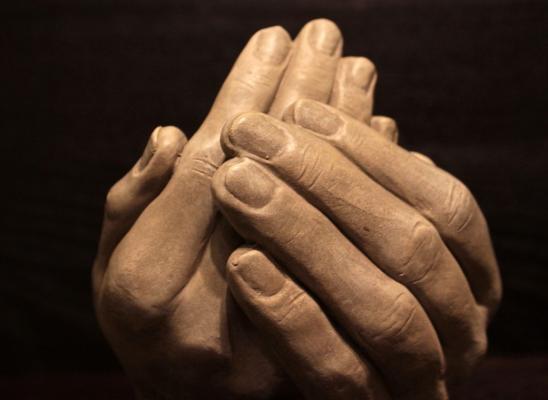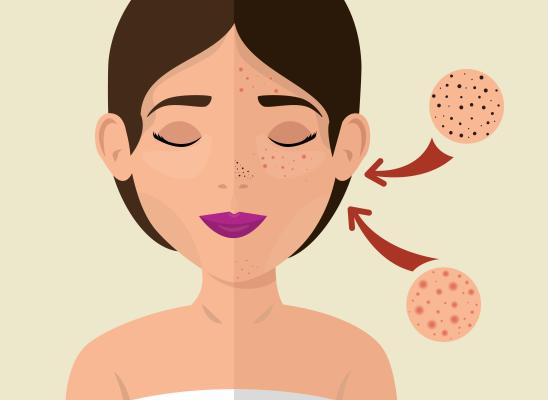Skin Picking Disorder and Bullying

Online test
Find out the severity of your symptoms with this free online test
Skin picking disorder affects all ages, with onset known to be common in children and teenagers. Often onset in the teen years correlates with occurrence of skin problems like acne, which is common in adolescence. Adolescence is a time where the fragile self identity and self esteem of an individual develops. But it is also a time when social bullying is most rife. It is not uncommon for teenagers to pick or pop pimples, blackheads or other skin imperfections in an attempt to perfect the appearance. However when this action provides a source of satisfaction or release from emotional or mental distress, the behaviour may evolve from a bad habit into a disorder. One of the key criteria for diagnosis of skin picking disorder is the presence of recurring skin picking leading to skin lesions or damage. Most people with skin picking disorder try to cover up and hide the evidence of their behaviour from others because the effects of compulsive picking on the skin can be unsightly and a great source of embarrassment to the individual. However, when the picking target is a conspicuous place like the face, lower arms or legs, it is not always practical to hide.
The cruel reality of bullying
The cruel reality is that bullying is rife in society today. There are numerous reasons why some people bully others, but whatever the reason, a bully always seeks to exert dominance and power over their victim. Bullies therefore often target more vulnerable individuals where they are more likely assured a successful outcome of dominance. People who pick their skin severely enough to leave visible marks that are not easily hidden by clothing or make-up are thus soft targets for a bully. While bullying behavior is more common during adolscence, it is not restricted to this period. Bullying in adulthood is also common in adulthood, particularly in the workplace. One blogger known as dermagirl spoke out about her experiences with bullying in the workplace, describing the torment she endured when a colleague agressively questioned her about her scars infront of the entire staff room. She reflected on how similar the experience was to bullying she experienced at school. The emotional impact of bullying is devastating for anyone, let alone someone already wracked with feelings of guilt and shame characteristic of skin picking disorder.

It is NOT your fault!
The most important thing you must remember when you are the victim of bullying is that YOU ARE NOT TO BLAME! Part of bullying is to make the victim feel inadequate and that they are the target of mean behavior because of some fault of their own. This is utter rubbish! You are not the problem, the bully is the problem. One website outlines a few tips for dealing with bullies:
- Try to avoid the bully and keep safety in numbers: some may say this is counterproductive as it doesn't address the problem, but rather avoids it. However wher it does not encroach on your daily functioning why place yourself in harm's way unneccessarily. Do not avoid the bully at the expense of your own welfare or functioning, but do try to limit exposure to these traumatic encounters. Where it is not possible to avoid the bully, try to keep interactions in a neutral environment and with a
- Try to stay calm and be patient: reacting negatively or showing that you are negatively affected by the bully feeds into their feelings of dominance and power. Try to ignore the bullly, show the bully that you dismiss their attempts to manipulate you, and walk away.
- Tell an adult or person in authority: as a child or adolscent try to reach out to a trusted adult like a
 teacher or parent to help you deal with bullying. As a n adult in the workplace, educate yourself on your rights in the workplace and report bullying behavior to someone in position of authority.
teacher or parent to help you deal with bullying. As a n adult in the workplace, educate yourself on your rights in the workplace and report bullying behavior to someone in position of authority. - Support others: chances are you are not the only one in your school or workplace being bullied. By taking a united stand against bullying, the bully would be outnumbered and will become powerless.
Bullying can affect anyone, but having a skin picking disorder certainly does make you more vulnerable. While we suggest here ways to deal with bullying in general, it is also imperative that you seek support for your skin picking disorder and know that you are not alone, and that you are not to blame.
Online test
Find out the severity of your symptoms with this free online test
Start your journey with SkinPick
Take control of your life and find freedom from skin picking through professional therapy and evidence-based behavioral techniques.
Start Now



